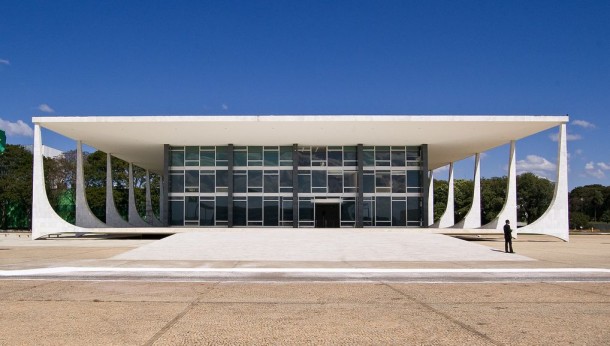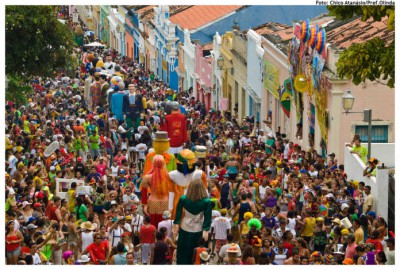BRAZIL. In 1973, Brazilian musician Chico Buarque put out a song called “Não existe pecado ao sul do Equador,” meaning “There is no sin south of the Equator.” Thirty years later, this is a hard claim to make, at least when it comes to politics. In Brazil, November 2013 signaled the end of the Supreme Court’s trial of the biggest corruption scheme that the country has ever seen. On November 15th, twelve of the 25 defendants were sentenced to prison.
This date retains significant meaning for Brazilians, not only because from now on, it will represent the end of a fraud scandal, but also because, in 1889, it was the day of the Proclamation of the Republic. It is undeniable that, after all the protests, there will be euphoria over this trial: corruption is a big part of the incompetence Brazil faces in fighting its own domestic, social problems. When people took to the streets last June, one of their biggest issues was that those who were responsible were not receiving the blame for the results of their actions. Yet, there are some important points to consider from this trial.

Brazilian Supreme Court | via Amnesty
For example, one important claim is that José Dirceu, former Chief of Staff of the Presidency of the Republic, received a guilty verdict without any given proof, as Ives Gandra, a Brazilian lawyer involved with the case, attested. For the jury, this rebuttable, presumptive policy of the Supreme Court could bring insecurity for the general population, as they made a decision without hard, material evidence. This is a potentially dangerous decision for a judge in a democratic society to make, as there are rights for the defense of the accused. José Genoíno, former president of the Workers Party (PT), who also asserted he was innocent, considers himself a political prisoner.
However, it is hard to imagine that, during a trial of such public personnel, the accused would admit to their own guilt and agree to the Supreme Court decision, – even when those accused belong to the party that is currently in power. Despite having reached an agreement with President Dilma Rousseff to distance the government as much as possible from the corruption scandal, former President Lula da Silva called both Dirceu and Genoíno in an attempt to signal he would like to remain loyal to them at this – maybe not so fair – moment.
However, it must be noted that such a significant effort of law enforcement is a huge step for a country where everything seemed to ‘end up in Carnival’ or in chaos. This may be the first stage of a new chapter for a country whose historical cultural gaps have allowed corruption and other political missteps. Indeed, this specific scheme of corruption, stemming mainly from the Workers Party, was not the first and probably won’t be the last: there are still some previous instances – in the not so distance past – that need to be reviewed and judged, in order to be bring real justice. Despite this, November 15th has certainly received new meaning in Brazil’s history, and it can serve as an answer to Chico Buarque’s poetic sentence in the previously mentioned song: the sins south of the Equator certainly do exist but they will eventually be punished.

